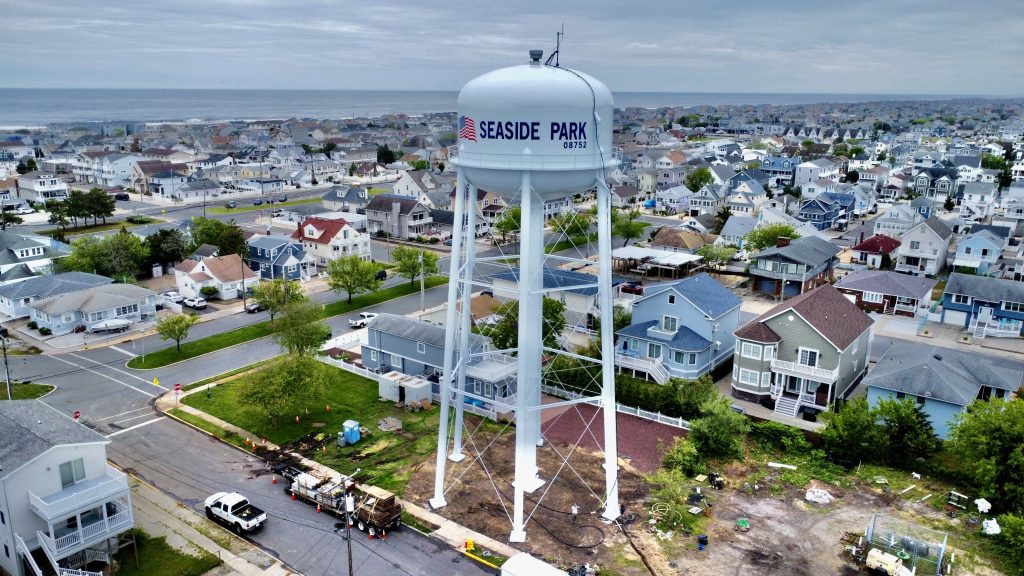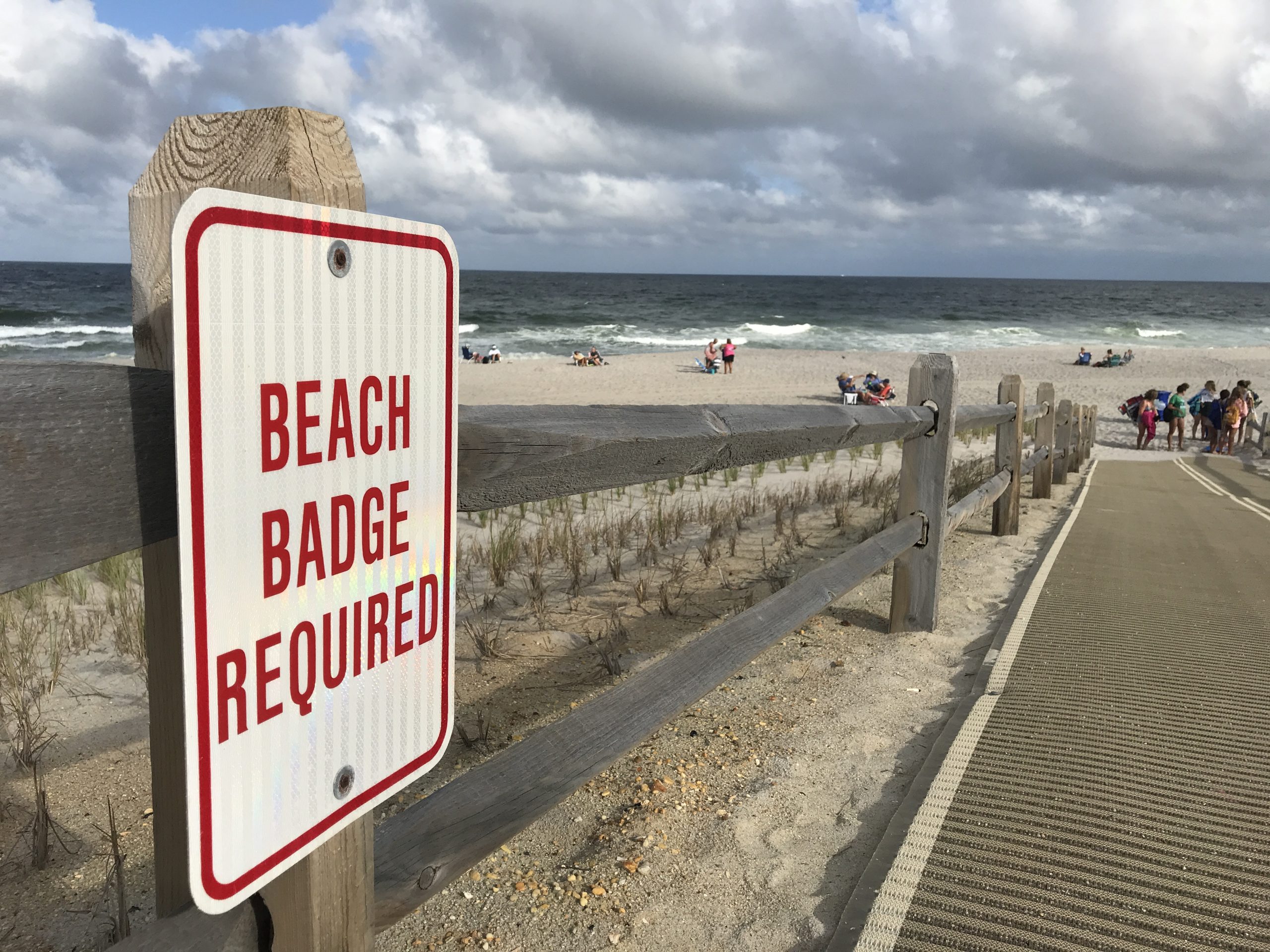Seaside Park officials last week adopted a resolution stating that after a review by a professional planner, there is no realistic opportunity to build affordable housing units in town, given a lack of available land and the fact that nearly the entire town is located within a floodplain.
The state’s Department of Community Affairs, near the end of 2024, sent correspondence to all municipalities in the state that provided an estimate of how many affordable housing units would be mandated to be construction under the state’s newest iteration of the controversial Mt. Laurel doctrine. In the case of Seaside Park, the state estimated the borough would be required to construct 18 units of income-restricted housing over the next ten years during what has become known as “round four” of the state’s affordable housing regime.
“There are two numbers – that one number of 18 affordable housing units is the state’s estimate of Seaside Park’s portion of affordable housing units needed in the state of New Jersey,” explained attorney Jean Cipriani, the borough’s special counsel for affordable housing. “But ultimately, what we have to plan for is the realistic development potential.”
In Seaside Park, that potential is effectively nil.
“Everyone in the room … knows that Seaside Park is almost 100 percent developed,” said Cipriani. “There are no large swaths of land waiting to be developed, therefore the realistic development potential – the planner believes – is zero.”
Cipriani explained that certain spaces, such as land that is publicly owned, and land that is in a designated floodplain, are not considered appropriate for affordable housing construction. That, effectively, covers the entirety of the borough’s footprint.
“The idea of trying to come up with 18 affordable housing units in Seaside Park in the next ten years is impossible,” she said. “The good news is that the law provides for that impossibility.”
Cipriani said technically, the planner identified the realistic number of units as “zero to one,” however zero is more likely. Steven Zabarsky, the borough attorney, said the last round of affordable housing quotas set Seaside Park’s obligation at zero.
Passing the resolution enables the borough to participate in the legal process to confirm a final number – even if the number is zero.
“You’re signaling to the courts and the DCA that you’ll participate in the process,” Cipriani said. “Ultimately, in the late spring, a plan will be developed reflecting the realistic development potential.”

Advertisement

Seaside Heights & Seaside Park
Seaside Heights Mourns Passing of Boardwalk Legend, Still Working Into His 90s

Seaside Heights & Seaside Park
Construction Projects to Begin in Seaside Park During March

Police, Fire & Courts
Cops: Juvenile Arrested After 118mph Joy Ride in Seaside Heights, Toms River Kills 2

Police, Fire & Courts
Ocean County Sheriff Establishes Drone Command Center in Seaside Heights Amid New Video








